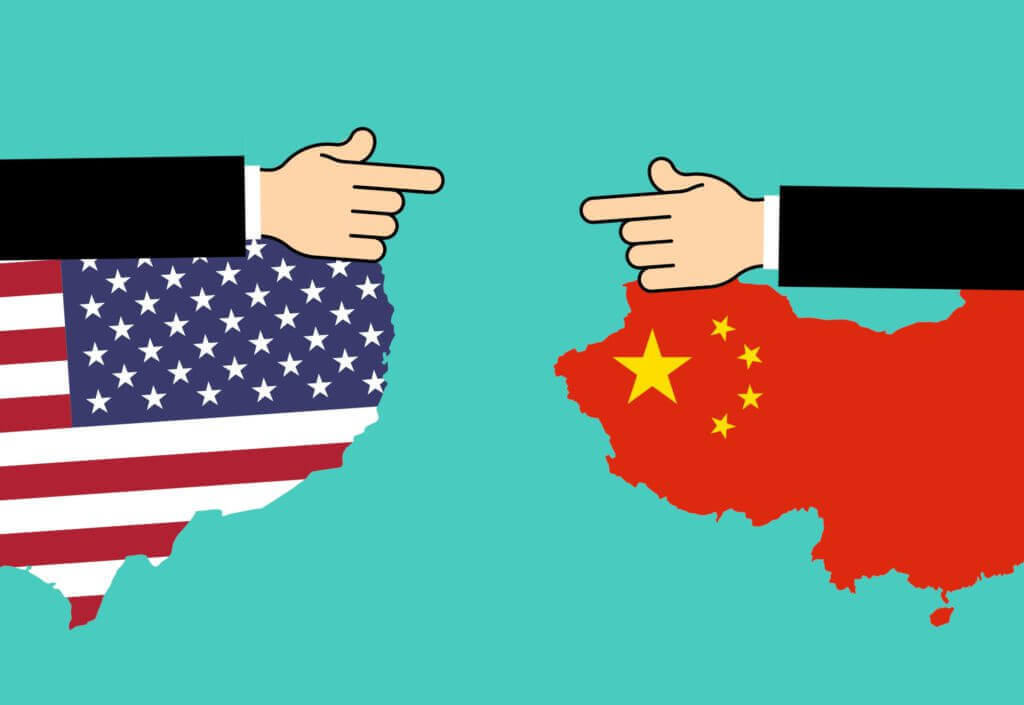
The U.S. is taking agrochemical company Syngenta to task. This is likely related to its owners and illustrates how politicians use companies for their own purposes.
Agrochemical manufacturer Syngenta has a lawsuit on its hands in the U.S. As the Federal Trade Commission (FTC) and a coalition of ten state attorneys general announced on Friday, they have filed a complaint in the U.S. federal court.
The complaint is based on the pesticide manufacturer’s incentive program. This is because the distribution would be rewarded if it affected the competition.
Larger action in the country
This approach would restrict competition, it said. Prices would go up as a result of that behavior and American farmers would therefore incur millions in higher expenses.
The FTC’s action is part of a larger U.S. effort to stimulate competition and innovation in the country, the statement added.
At this point, at the latest, Syngenta’s owner comes into play. The original Swiss company was sold to Chinese state-owned ChemChina in 2017. However, the Chinese had retained the headquarters and the management in Basel.
Tooth for tooth
It’s not surprising when companies get caught up in the vice of politics. The Americans and the Chinese are fighting each other wherever possible, and a lawsuit in the U.S. against a Chinese state-owned company comes in handy.
Indeed, a statement by Syngenta, reported by numerous media outlets, raises doubts that the problem is a recent one. The accusations contradict the facts and are therefore ‘unfounded,’ it said.
Decades of practice
The surprisingly criticized discounts are customary in the industry and have been handled in exactly the same way for decades, the Swiss-Chinese group explained.
Of course, this is not the only pinprick the U.S. has given to China’s companies. Last Friday, for example, that U.S. watchdog had imposed a huge fine on Deloitte’s Chinese unit.
The auditing and consulting firm must pay a fine of $20 million because the simplest audit procedures did not work in China.
Clever timing
Although the weaknesses at Deloitte China already dated back to 2019 and had been reported by the firm itself, the Americans chose an opportune moment to flex their muscles against the Chinese.
As also reported by muula.ch, the U.S. and China have just concluded an agreement on audit of financial statements – after decades. But everything does not seem to run smoothly there with those inspections.
The Middle Kingdom had now, a few days ago, blamed the U.S.A. for ‘undermining and spying’ on Chinese telecom companies. On Tuesday of last week the Chinese complained that sensitive customer data had been leaked via a hacker attack carried out by the U.S. in a highly official manner.
Blow after blow
At the end of August the U.S. had a further seven companies based in China on a packed list, which are all now subject to export controls by the Americans. At the beginning of August the Chinese ecommerce and technology giant Alibaba had announced that it would continue to be listed on the Hong Kong stock exchange instead of in New York.
So, it’s always back and forth. China’s next big move against U.S. companies will certainly not be long in coming.
Switzerland in focus
And anyone who believes that Swiss companies will be largely left out in the cold is mistaken. For example, Russia recently searched the Audemars Piguet company in Moscow. In the process the country confiscated numerous luxury watches worth several million Swiss francs.
Only an unworldly person would think that this has nothing to do with Switzerland’s adoption of sanctions against Russians. But companies need to be well prepared for such government arbitrariness.
09/30/2022/kut./ena.





